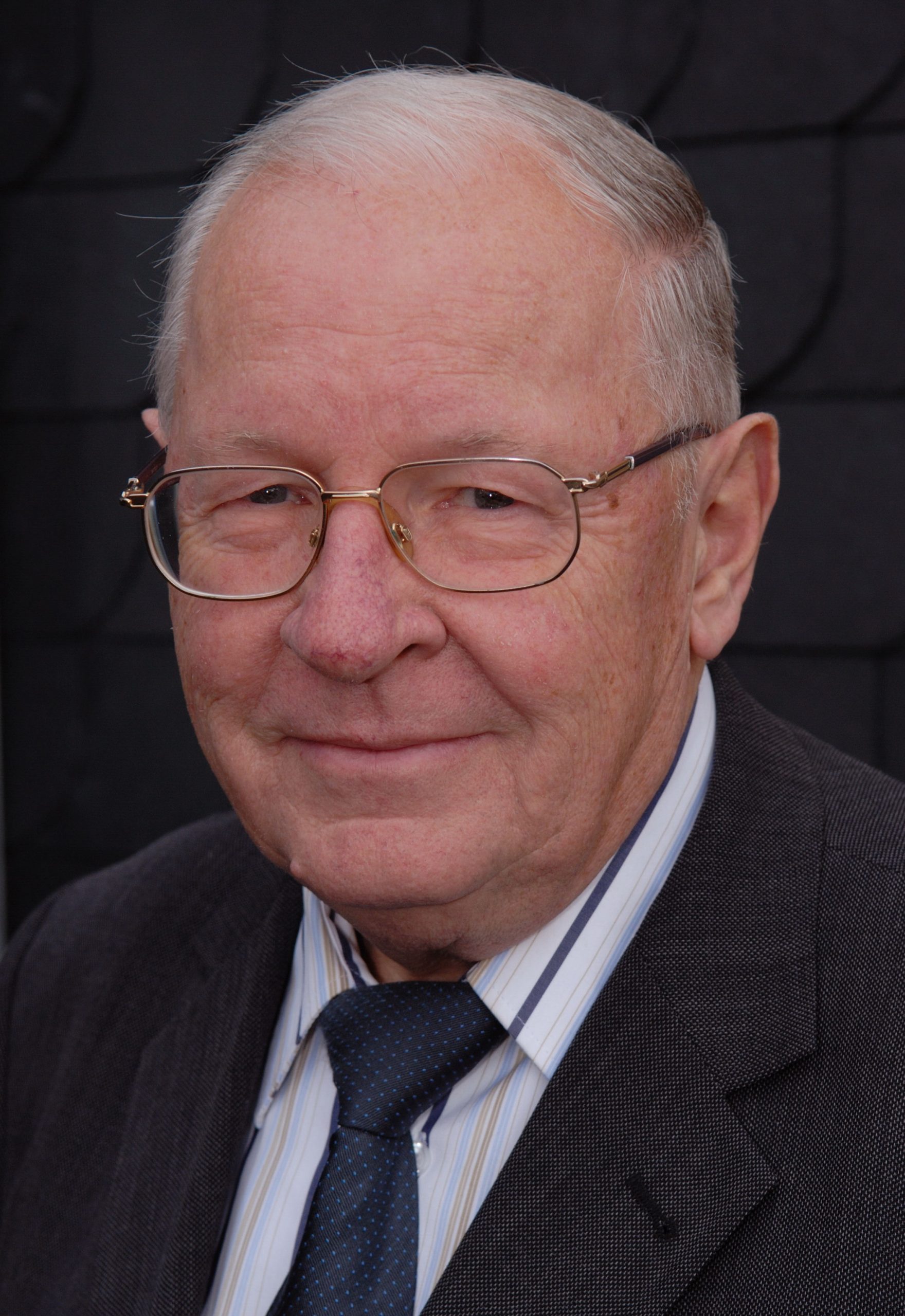in: Claesges, Ulrich, and Klaus Held, eds. Perspektiven transzendentalphänomenologischer Forschung. Vol. 49. Phaenomenologica. Dordrecht: Springer Netherlands, 1972. https://doi.org/10.1007/978-94-010-2813-4.
In memoriam Klaus Held († Dec. 2023)
About the issue of intersubjectivity in Husserl’s phenomenology, Held will take a closer look at Husserl’s Cartesian Meditations. The first important point is that the Cartesian distinction between immanent and transcendent (and what it means to be immanent and transcendent to consciousness) is reinterpreted by Husserl. The transcendent object is “transcendent” insofar as it transcends/surpasses the occassionality of the subject. But how do we understand this occassionality? locational, temporal, subjective? Held claims that getting the details right about this occassionality is essential.
Moreover, the object’s transcendence becomes obvious only for an experiencer, in the experience of different ways of givenness, as that which is more than one way of giveness and which is identical within the manifold of ways of givenness (cf. 6). Being transcendent in relation to consciousness means that the object “transcends” the singular way of givenness but does still not appear as independent of all of them in their unity.
Originary Consciousness, in contrast, is in the position to fulfill the emptiness of its intentios with the intented object. This fulfillment of “what was meant” (intentio) with the intentum also must be understood as “going through” (carrying out, vollziehen) its different ways of givenness. Only in this unity of different ways of givenness the object can appear as what it is.
The identity and also transcendence of objects in relation to (the occassionality of) consciousness is only one that appears within these ways of givenness. The philosophical task, to provide clarity about that which is experienced as “transcendent” within the experience of how it appears, is bound to “reflection”. Only within this second-order reflection, we can understand the occassionality of different ways of givenness. By doing so, we (as philosophers) leave the natural attitude behind. And only in this mode of reflection, the difference between occassional modes of givenness and the identical and transcendenct object therein becomes evident.
With other words, it is only the philosophical-phenomenological attitude in which the (various) meaning(s) of transcendence (qua transcending occassionality) can become apparent. Within reflection we can move back and forth between the noesis (different occasional modes of givenness) and the noema (as that which shows itself and appears as the identical and as transcending occassionality). In contrast, as Held points out, within our natural attitude, what we mean (intentum) and how we mean it (intentio), is experienced as identical (without distinctions, without nuances, without content). The transcendence of the object remains “unthematical” (not-reflected) (cf. 8).
The important point for Held is that this “double-character” (the two aspects of noesis and noema) that is bound to the identity of the transcendent object, is not identical to the Cartesian distinction between what is immanent to consciousness and what is transcendent to it. Husserl “destroys” the Cartesian dualism of immanence-transcendence (cf. 8). Held also acknowledges that Husserl nevertheless employs concepts from the Cartesian tradition that could easily be misunderstood. Which is why it is so important, Held says, to understand the phenomenological insights into the “trans-occassionality” of the intentum.
I want to add that Held is right about how exactly this ambiguity about how the object “transcends” the occassionality of situated consciousness, has led to major misunderstandings. In the Neo(Post)kantian tradition you stumble upon Hans Wagner’s misunderstandings, who claims that phenomenology is merely an “internal” reflection of what is given to it. As if the noema-noesis relation does not entertain any meaningful reference to objects that are given to consciousness:
“Es ist einigermaßen verwunderlich, daß die Phänomenologie
noch nach einer schon langen Geschichte der Philosophie den Mut gefunden hat,
uns Deskription und Hermeneutik als philosophische Methode, ja als die philosophische
Methode anzupreisen. Aber nicht die Naivität dieses Glaubens an eine
theoriefreie Selbstgegebenheit der Sache ist das wahrhaft philosophisch Bedenkliche
an dieser phänomenologischen Methodenkonzeption, sondern die mit der
Anwendung dieser Methode notwendig sich ergebende Unmöglichkeit, zu wahrhaften
und letzten Prinzipien dessen zu gelangen, was da bloß deskriptiv und
hermeneutisch ‘vor den Blick‘ gebracht wird.“
Hans Wagner, Philosophie und Reflexion, München, Basel: Ernst Reinhardt Verlag 1967, S. 329.
And also, you could perhaps mention Martin Heidegger, who, in the 1920s, gave lectures on Husserl’s phenomenology and on its Cartesian underpinnings. Heidegger, too, seems to suggest that Husserl excludes the factical givenness of objects, or at least, that Husserl is abstracting from how something is given in different ways, thereby distorting the phenomena and giving superiority to the theoretical attitude (eg. in GA 20).
Back to Held, let me quote the conclusion of the first 8 pages:

As we know, for the fullfilment of what is intented in originary consciousness and its quality of immediacy, Husserl uses the concept “evidence”. Now, Held has a brilliant way of saying what is so important about evidence (and the act of fullfilment):
“The character of this evidence is the unthematic immediate appeareance of the object
not “in front of” or “in” consciousness
but “as” consciousness.” (9)
The main task of phenomenology is to reflect the unique character of the “appearing” of objects, always in reference to (not independent of!) the transcendence of this object. It is always the transcendent object which appears as consciousness (thematic or unthematic). One can already see, how this is also Klaus Held’s self-understanding of phenomenology, paving the way for his many works, thematizing the “appearing world.”
The main task of phenomenology is to reflect the unique character of this
